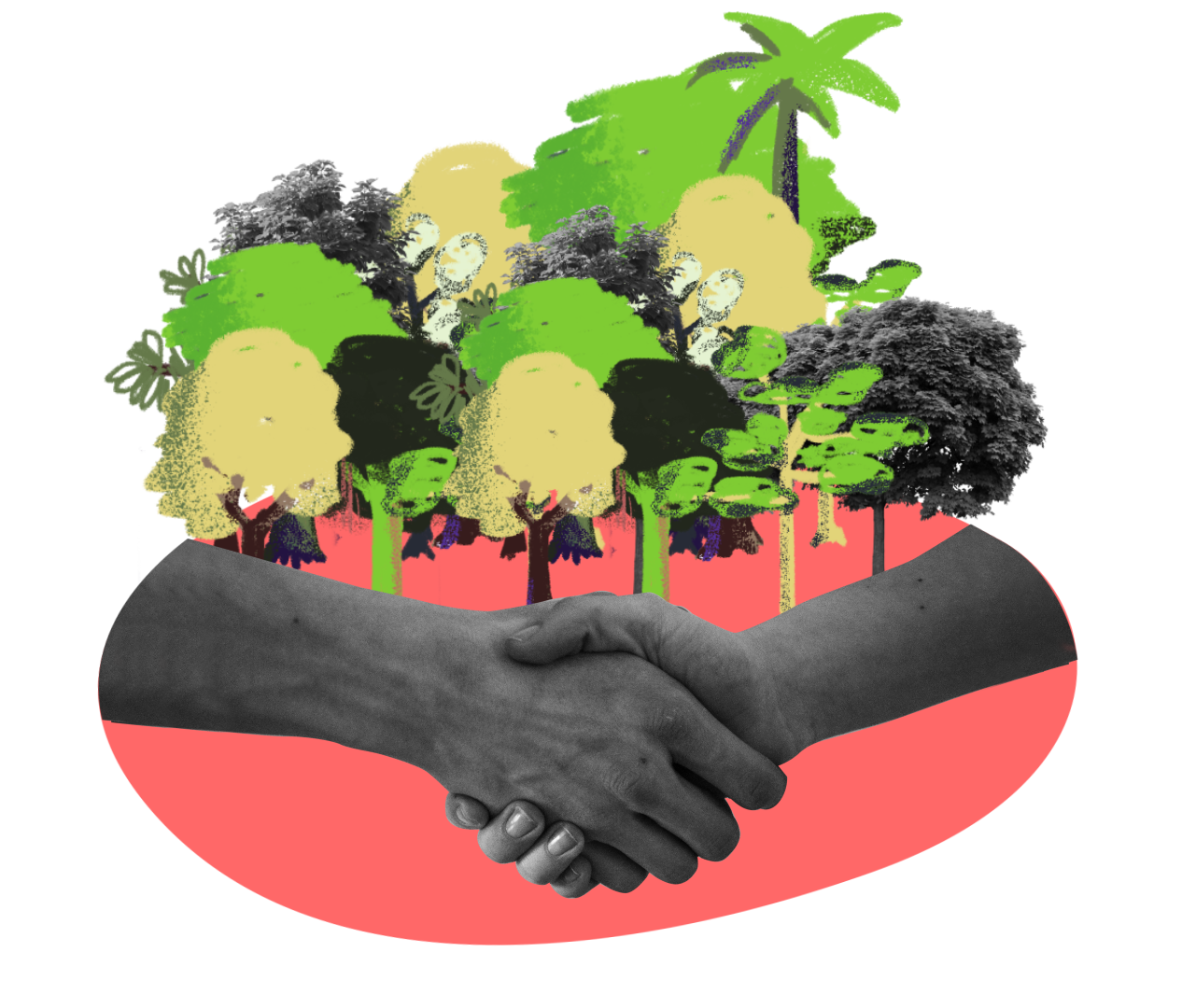REDD+
A political-economic incentive within the United Nations for the reduction of greenhouse gas emissions by developing countries.
REDD+ (Reducing Emissions from Deforestation and Forest Degradation) is a mechanism being developed since 2013 under the United Nations Framework Convention on Climate Change to financially reward the effective and proven reduction of greenhouse gases generated by deforestation and forest degradation in developing countries. In this way, the mechanism fosters the conservation and sustainable management of forests for the maintenance of carbon stocks. The excessive release of greenhouse gases into the atmosphere is one of the main factors responsible for the increase in average global temperature. In 2015, Brazil formalized its commitments in this area with the United Nations with the National Strategy for REDD+ (ENREDD+), with actions focused on the elimination of illegal deforestation, the conservation, and recovery of forest ecosystems, and the development of a sustainable low-carbon forest economy, generating long-term economic, social and environmental benefits. However, these goals were not achieved by the proposed date of 2020, and deforestation and forest degradation rates once again broke records under Jair Bolsonaro’s government.


